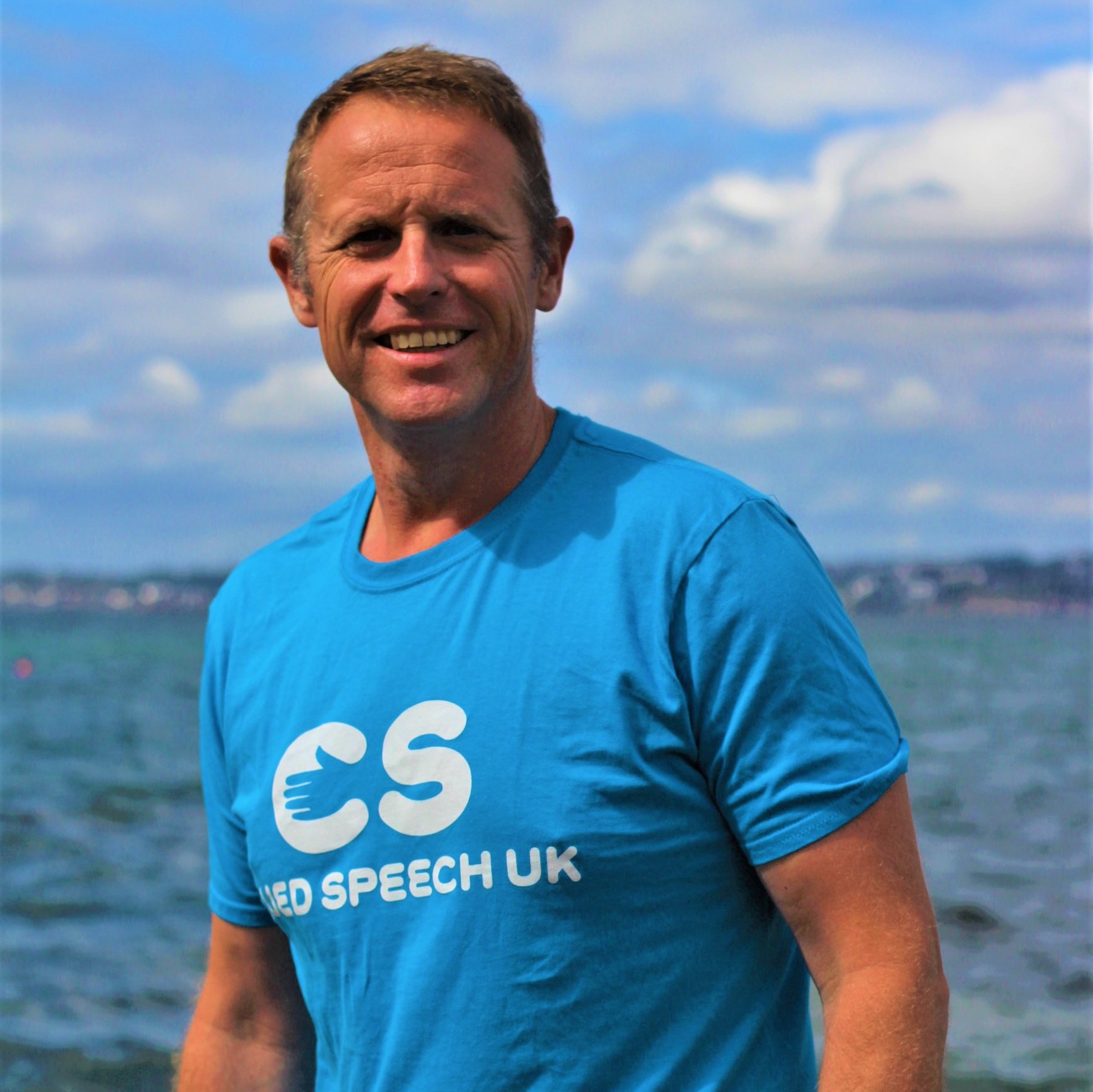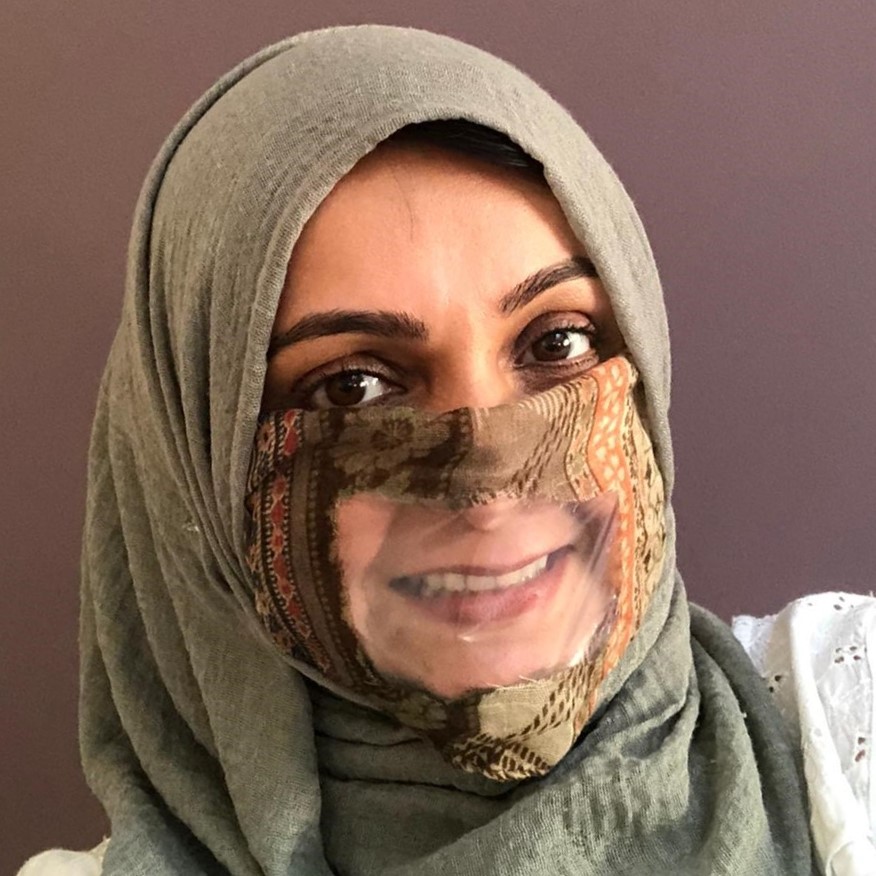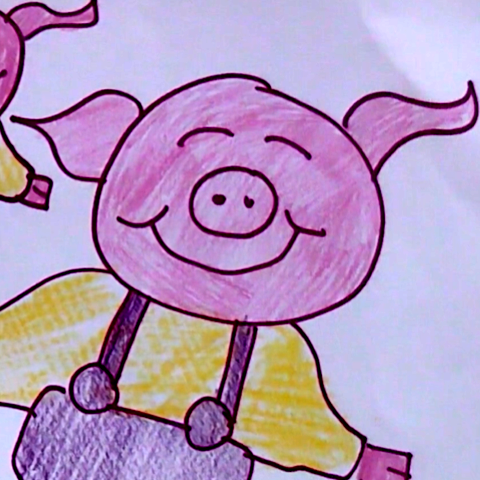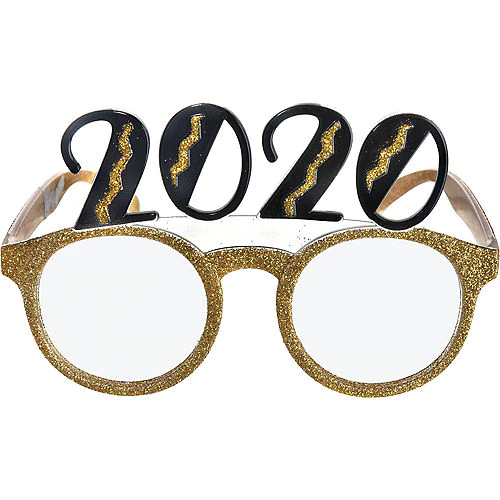Daring Daily Dip

Wayne Kenny has taken on the 365 Sea Swim Challenge. On Saturday 1st August 2020, he waded out into the cool waters of Torbay from Brixham in Devon and joined six other swimmers, who have also taken the plunge.

The challenge, for this 47-year-old man from Loddiswell, is simple – swim once every day in the sea for a year and raise funds to support Cued Speech UK. Perhaps the word ‘simple’ is misleading, for this challenge is anything but! Come fair or foul weather, ardent Aquaman Wayne will immerse himself in the salty seas of South Devon once every 24 hours for 365 days – and he won’t even be wearing a wetsuit! Even when the cold north wind does its best to blow biting blizzards across the waves of huge winter seas, Wayne will be hoping to seize a moment for a safe submersion.

Tobin Broadbent from Cued Speech UK said “We are incredibly proud to be Wayne’s chosen charity and we will be following his progress throughout the year. We’re looking forward to the 365 individual and incredible swim stories he’ll be telling. As a charity that supports families with deaf children, the Kenny family is dear to us. Wayne’s daughter is deaf, and he and his wife Kathy Kenny have used Cued Speech successfully to support their family’s communication. Kathy is now our charities Lead Advisor for family’s like her own. I’m sure everyone will want to donate directly to Wayne’s GoFundMe fundraiser ‘The Cued Speech UK 365 Sea Swim Challenge’, to give him the incentive he needs to take his daily dip!”

All of the funds Wayne raises during his incredible year will go directly to Cued Speech UK, to help support families like his own, with deaf children.
To find out more about Cued Speech you can visit our website: www.cuedspeech.co.uk
Why not learn to use Cued Speech yourself – We would love to see what you’re saying!
Transparent face masks – clearly a good idea?
As the Covid-19 coronavirus pandemic is set to affect how we stay safe outside our home for some time to come, we’ve been considering the government’s current advice to wear a face-covering, if possible, ‘in enclosed public spaces, such as public transport and some shops, where social distancing isn’t possible and where you will come into contact with people you do not normally meet’.
While experts investigate the properties of the Covid-19 virus and the effectiveness of non-clinical face coverings, homemade face masks would seem to us like a reasonable precaution, to have at hand and to put on when you are keeping your distance from others and trying to hinder the spread of the virus. Homemade face masks are, no doubt, less effective than surgical masks and respirators, but then again, making something for yourself ensures that professional equipment is reserved for essential workers and healthcare professionals, who are battling this pandemic on the front line.
More and more people are choosing to wear face masks, and as their popularity increases, we are concerned with the profound impact this will have on deaf people, who need to see faces clearly in order to communicate with others. In the months ahead and as the rules for how we go about daily life are established, masks may become the norm. Deaf people face difficulties communicating at the best of times but now they risk even further isolation if the use of face masks becomes common. We are particularly concerned about deaf children’s access to communication in their formative early years because it is so essential that deaf children are able to see the faces of those around them while they are trying to establish a foundation in language.

Face masks need to be transparent! This will allow deaf people to see the facial expressions and lip patterns of mask wearers, so essential for communication. This excellent article by Jasmine Taylor-Coleman of BBC News calls for clear face masks to be ‘the norm’.

Our very own Sagira Jetha and Debbie Hawke have stepped up, needle and thread in-hand, to join a growing movement of deaf-friendly crafters and sewing machinists, to try their hand at designing and making face masks with plastic windows. We think they are rather good.

Like us, you might be thinking that these masks will fog up, being so close to the wearer’s mouth but in this Facebook video by BBC West, mask-maker Sonia Carley claims that simply rubbing the plastic screen over with a bar of soap will solve the issue.
Why don’t you try making one yourself? This article from the NDCS has a number of useful guides.

If you choose to make or wear a clear face mask, please use discretion for anyone very young or with a medical condition. The government has this advice: ‘Face coverings should not be used by children under the age of 2 or those who may find it difficult to manage them correctly. For example, primary age children unassisted, or those with respiratory conditions.’ You can read all the government’s guidance on staying safe outside your home here.
10 things to do at home while social distancing
Are you social distancing or in self-isolation? Do you have a deaf child? Are you wondering what to do with the time? With what seems like half the world now isolating themselves during the coronavirus pandemic, and staff being asked to work from home as much as possible, some form of self-imposed quarantine is looking very likely for most of us. However, remaining indoors can offer you a great opportunity to be productive and perhaps, get something done that you didn’t think you’d ever have the time for. Whether you want to become more savvy or more sorted, we’ve got some great ideas for you.
Learn to use Cued Speech
You’ve got all the time in the world and you don’t need to go any further than your computer. You can learn Cued Speech with our Self-Study Foundation Training. Your deaf child will be able to see what you’re saying and it’s free of charge for families with deaf children. You can learn the basics of Cued Speech in the comfort of your own home at a time that suits you! We’ve even got a friendly and experienced team of CueTutors online, to chat with and to learn at your own pace. Perfect! Just see the contacts at the bottom of this post.
Tidy up
If you’re going to spend a prolonged time together in your household, you might as well start out with the whole place looking it’s best. Sort out those piles, rearrange your furniture and create more space to move around. In the words of Marie Kondo, if it doesn’t ‘spark joy’ let it go. Get rid of the things you don’t need. Go through your draws and wardrobes, to banish the items you haven’t worn for years. Throw out those items that can’t be repaired, the socks with too many holes and the threadbare undies. Why not have some fun and work out how to Cue each object. Your deaf child can see what you’re Cueing, and you’ll be able to play a ‘point to/fetch the… game’! You’ll be sorting, folding, and organising your way to total feng shui!
Read a book
Go on, it’s been there on the bookshelf for years. Pick it up and get stuck-in. That biography of your favourite celeb. The travel memoir, inspiring your wanderlust. The unputdownable page-turning thriller, to get your blood racing. Even the book with the dull cover, that you didn’t expect to be so good. How about sharing the wonder of books and reading to your deaf child? Using Cued Speech, you can inspire them with classic children’s tales and modern masterpieces. If you want to find some really great Cued stories, then look no further than CueTube on the Cued Speech UK Website. You’ll find great stories like Wonky Donkey, Mr Magnolia, Hansel & Gretel and much more.
Watch a great boxset
Did you ever get around to watching last year’s TV sensation? You can watch it now via your favourite TV provider, without any danger of someone casually revealing a spoiler and ruining the plot for you. Hours of drama, with no drama! If it’s a boxset for the whole family, don’t forget to turn on the subtitles for your deaf child. Certainly, if you turn on the subtitles for children generally, it doubles their chances of becoming proficient readers. Win-win!
Do a crossword
Engage brain! Challenge yourself by getting stuck into a great puzzle. Download a crossword or Sudoku app or look for online puzzles, there are loads to choose from. You’ve got plenty of time to solve the conundrums and you can find word and number challenges for your deaf child, to get them puzzling too.
Write a blog
Get in touch with your inner author and tell people about your message or idea. You can build a community around your love for a great cause, like Cued Speech. You can keep your new blog followers updated on your household’s fantastic success using Cued Speech and why it’s so good for families with deaf children.
Keep fit
Create your own home exercise routine. No need for expensive memberships fees at exclusive gyms. Squats, burpees and press-ups are all achievable without equipment. Or keep things tranquil and transform your lounge into a yoga space and stretch it out. Share your routine with your family and keep everyone active.
Learn a new language
What better time to take on the challenge of learning a new language? Spanish, Italian, French – and British Sign Language, naturally. There are dozens of apps and websites dedicated to helping you, with lessons, tips and games. Of course, Cued Speech has adaptations into all major languages and dialects and there are many families who use Cued Speech bilingually, so that their deaf children are brought up with a choice of language. What languages do you use at home? Share them with your deaf children, through Cued Speech.
Fix stuff
If it’s been wonky for years, now is a good time to fix it. If your DIY skills are good, use some of your free time to tackle those overdue interior improvements– freshen up your walls with paint, upholster that old chair or rearrange the front room. Your house will look fab! Remember your health and safety and don’t take on anything that’s too much for you!
Play board games
No reason to be bored, when you can play board games! Grab a classic and get gaming with the family; Chess, Cluedo, KerPlunk and good old Monopoly – you’ve certainly got the time. Why not use some Cued Speech in your fun and get your family to guess the word you’re Cueing!
Cued Speech UK would love to see what you’re saying! If you want to learn Cued Speech, please contact us on 01803 712853 or email us at [email protected], it’s totally FREE for families with deaf children.
Read to Deaf Children with Cued Speech

The majority of brain development, for any child, occurs in the first three years of life. Reading to and sharing books with babies and young children, and giving them time to respond, feeds their brain, helps them learn new words and grows their vocabulary. This is true for deaf children too. Cued Speech is the perfect method to enable parents to show their deaf children the wonder of books, the magic of stories and the gift of language.

Reading to your child with Cued Speech will allow them to see what you’re saying. You will be able to talk about what you’re reading, your child will discover new words and you will be able to enjoy the storytelling together, all within one activity which helps to build important foundations for your deaf child’s language development.

The National Literacy Trust lists some of the key benefits of reading to your child:
- Talking and listening to young children develops their social and literacy skills and reading to children is a good way of encouraging two-way communication.
- Reading to children can be calming during times of distress or unease. The appearance of their favourite book and book characters can be a very soothing experience and help build a bond between parent and child.
- Books introduce children to the exciting world of stories and can help them learn how to express their own thoughts and emotions.
- Stories provide parents and carers with a structure to help them talk to children and to pay attention to their responses. They help you to be silly, overcome adult inhibitions and they are great topics for conversation.
- Books are an important source of new vocabulary.
- Songs and rhymes are especially good for children as the rhythms and repetitive language make it easier for babies to learn language structures and skills.
- Giving your child time to think about what is going to happen in the book, or reflect on what has just happened, builds their language and brain development.
Cued Speech UK’s CueTube page is a great place to find stories in Cued Speech, as well as information and advice for parents with deaf children.
You can find out how to use Cued Speech with your deaf child by visiting our website: www.cuedspeech.co.uk – We would love to see what you’re saying!
You can also donate to Cued Speech UK by using our Support Us website page.
2020 The year of Visible Spoken Language

Have you got 20/20 vision?
We at Cued Speech UK have! We’re declaring 2020 our year of Visible Spoken Language!
We understand that deaf people are profoundly visual and need spoken language that they can see – they need to see what people are saying!
Supporting deaf people with Cued Speech increases their ability to lip read from just 35% to at least 96% accuracy. It’s amazing! Families use Cued Speech to allow their deaf children to understand spoken language, become literate and positively thrive at school.
You too can support deaf people and learn how to make your speech visible, by studying our Online Foundation Course in Cued Speech. Just use this link: https://cuedspeechlearning.co.uk/
Or explore our website to learn more: https://www.cuedspeech.co.uk/
Share our 2020 vision, as a Year of Visible Spoken Language.
Dame Evelyn Glennie becomes Cued Speech UK’s new patron

Cued Speech UK is delighted to welcome Dame Evelyn Glennie, as patron to our charity.
Dame Evelyn Glennie is known as the first person to successfully create and sustain a full-time career as a solo percussionist. Evelyn performs internationally, with the finest orchestras, conductors and artists of our times. She reflects on having played the first percussion concerto in the history of The Proms at the Albert Hall in 1992: ‘Playing at an event like that was proof that music really affects all of us, connecting us in ways that the spoken word cannot.’ This paved the way for orchestras around the world to feature percussion concerti.
“My first experience with percussion was inspired by my school orchestra at the age of 12. I knew I needed something else to go alongside my piano playing, which was my main instrument at the time. It was an inexplicable feeling but as soon as I saw the percussion section I knew this was the family I belonged to”.
‘I still remember the smell of the tiny annexe room where my first ‘trial’ percussion lesson took place. I also remember the ecstatic feeling of holding a pair of drum sticks and striking a snare drum for the first time.’
Evelyn had the honour of playing a leading role in the Opening Ceremony of the London 2012 Olympic Games in collaboration with director, Danny Boyle. In 2018, Evelyn built upon this inter-disciplinary experience by composing the score for Gregory Doran/The Royal Shakespeare Company’s visionary new production of Troilus and Cressida and joined forces with Jazz Trio ‘HLK’ among a roll-call of other superb sound and performance artists.
Throughout her career, Evelyn has had the privilege of working with diverse artists, from Bjork to Fred Frith:
‘‘Working with Bjork allowed me to break away from the written page and fall into a completely different arena, audience-wise. Giving totally improvised performances with Fred Frith is always an exhilarating experience. In this situation, we are asking the audience to listen in a completely different way.’
Evelyn’s solo recordings, which now exceed 30 CDs releases, are as diverse as her career on-stage. Shadow Behind the Iron Sun, Sound Spirits and The Core-tet Project continues to be the bestselling albums that demonstrate her virtuosic improvisational skills. Evelyn recalls: ‘the freedom I had in choosing whichever instruments I wanted – playing what I wanted and how I wanted – was the most liberating experience I have ever had in a studio.’
Evelyn is a leading commissioner of over 200 new works for solo percussion from many of the world’s most eminent composers. ‘It’s important that I continue to commission and collaborate with diverse composers whilst recognising the young talent coming through’. A double GRAMMY award-winner and BAFTA nominee, Evelyn is in demand as a composer and is commissioned to write music for film, television and library companies such as Audio Network. The film ‘Touch the Sound’ and her enlightening TED speech remain key testimonies to her approach to sound-creation.
As a keen collector of percussion instruments, Evelyn has gathered a private collection of global instruments, consisting of over 2,000 items. “I realized as soon as my parents bought me my second pair of sticks that I was going to be a collector of something!”
Evelyn was awarded an OBE in 1993 and now has over 100 international awards to date, including the Polar Music Prize and the Companion of Honour. Evelyn continues to inspire and motivate people from all walks of life. Her masterclasses and consultations are designed to guide the next generation. ‘Listening is the backbone to every aspect of our lives. The challenges we face in business and at home can usually be overcome with better listening skills.’
Evelyn is currently embarking on the formation of The Evelyn Glennie Collection. The vision is to open a centre that embodies her mission to Teach the World to Listen. She aims to ‘improve communication and social cohesion by encouraging everyone to discover new ways of listening as proven in her book ‘Listen World!’. We want to inspire, to create, to engage and to empower’.
‘My career and my life have been about listening in the deepest possible sense. Losing my hearing meant learning how to listen differently, to discover features of sound I hadn’t realized existed. Losing my hearing made me a better listener.’
Evelyn lives in the beautiful countryside of Cambridgeshire in the East of England.
You can learn more about Evelyn’s work on her website: www.evelyn.co.uk
Cued Speech makes spoken language visible for deaf babies, children or adults. To find out more, visit our website: www.cuedspeech.co.uk. Why not learn to use Cued Speech yourself – We’d love to see what you’re saying!








